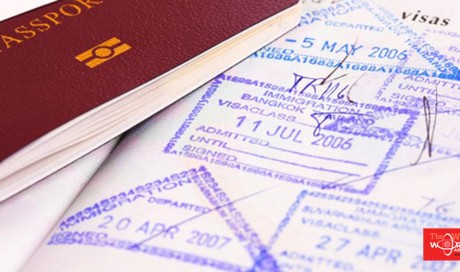The family and personal status law in Kuwait is governed by religious courts. The Kuwaiti legal system is based on Law of Islam. The Kuwaiti family law code that governs issues such as divorce, marriage, child custody and inheritance was enacted in 1984.
The two major sects of Islam – Sunni and Shia’s, recognize various interpretations of Shariá law (Islamic Law). In Kuwait, the Sunni and the Shiá have their own courts to handle family law and personal status matters. The Sunni employ the Maliki or the Hanbali interpretation of Islamic law, while the Shiá uses the Jafari interpretation.
Decision on matters such as the court law (Sunni or Shiá) to be followed will depend on the particular Islamic sect of the husband or father. About 70percent of Kuwait’s Muslim population is Sunni, while the remaining 30percent is Shiá. A tiny majority of Kuwaitis are Christian.
Marriage Contract
In an Islamic marriage, a contract is signed between the groom and Wakeel (ranking male member) of the bride’s family. It is formally executed in the presence of an authorized religious figure or judge, two male witnesses and the officiator. It is a must that the spouses, the wife’s guardian and two male witnesses attend the procedures.
An Islamic contract specifies the religion of the bride and groom, although it is not a must to specify the sect of Islam. The contract will mention the number of wives the groom has. The Islam religion permits a man to have up to four wives at the same time, provided, he is able to support them equally. However, this practice is dying out now, because only a few can afford it, and also because women are more independent and are no longer willing to tolerate such laws. The bride cannot stop her husband from a re-marriage, but, with the permission of groom and the officiator, can include a clause that allows her to divorce her husband if he marries another woman.
The contract includes the dowry amount and its details too, like an immediate dowry payable by the groom to bride on date of marriage and a deferred dowry, payable to the bride if her husband divorces her, or he dies. Both dowries will be mentioned in the contract
In Kuwait, the religion of the husband will determine the application of Islamic law in future. If the husband is a non-Kuwaiti, the interpretation of Islamic law applied will be based on his nationality at the time of marriage, in case the couple wish to seek legal recourse.
A non-Muslim male cannot marry a Muslim female unless he converts to Islam. A Muslim male may marry a non-Muslim female, provided, she follows another "book" faith (Christian or Jewish). However, non-Muslim women are often pressurised into converting into Islam, and many find the local culture unacceptably restrictive. In the event of breakdown of such a marriage, the children are usually kept by the husband in his home country.
Documents Required
The couples may have to produce the following documents in the court for their marriage, depending on their status at the time of marriage.
Civil ID or nationality certificate (for Kuwaiti applicants)
Civil ID or passport (for resident applicants)
Letter from the Executive Committee and the personal identification (for illegal resident applicant)
Determination of heirs (for widow applicants)
Letter from the Public Institution for Social Security, (in cases where the husband is a student, a dealer, a retired, or unemployed)
Determination of heirs, (if the guardian is deceased)
Divorce certification (in case of divorcees)
Special power of attorneyMarriage permit from the employer (if the husband is a military man)
...[ Continue to next page ]
Share This Post












